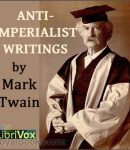
Anti-imperialist writings
This audiobook is a collection of Mark Twain’s anti-imperialist writings (newspaper articles, interviews, speeches, letters, essays and pamphlets). [chương_files]



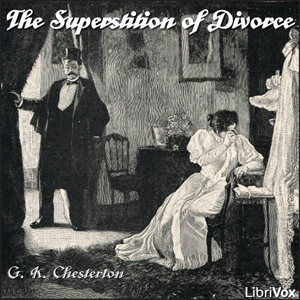


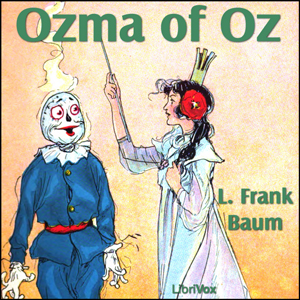
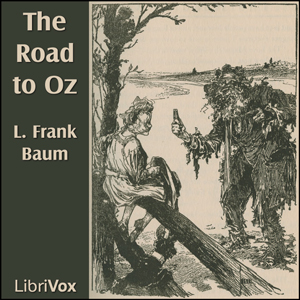
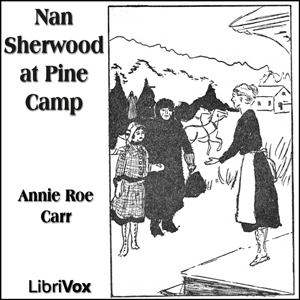
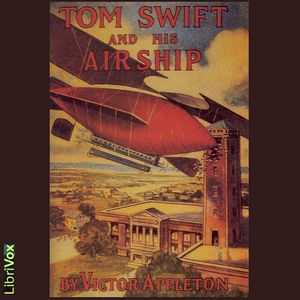
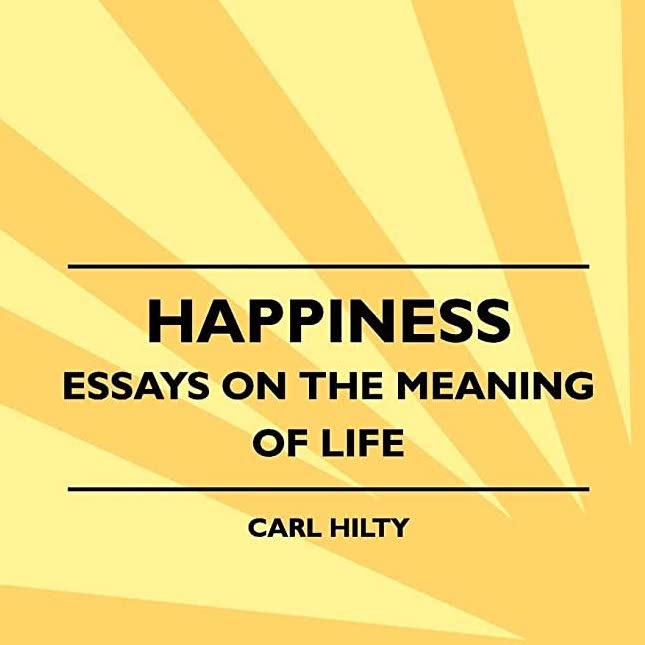

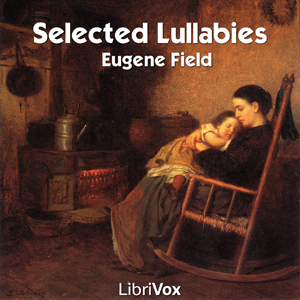
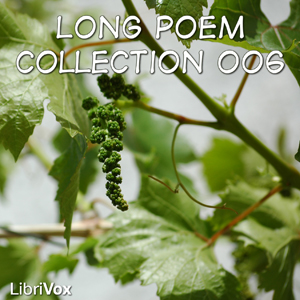
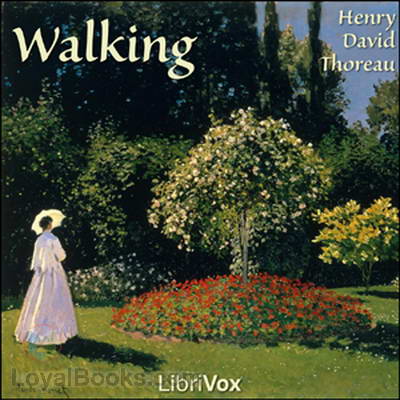
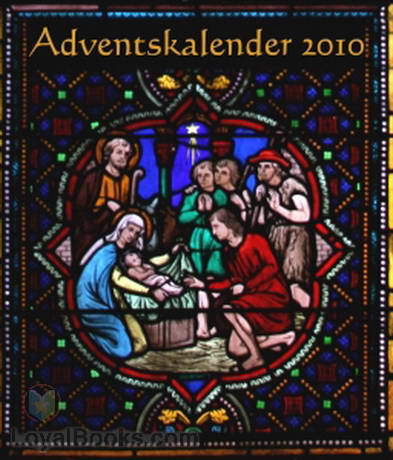
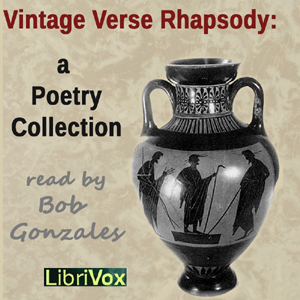

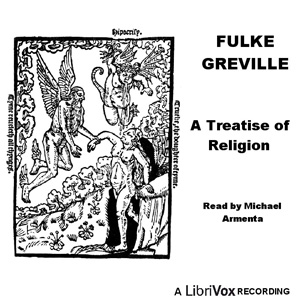
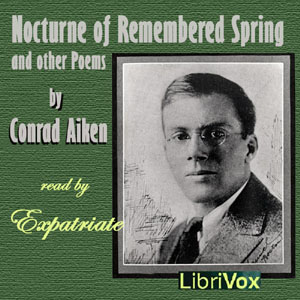



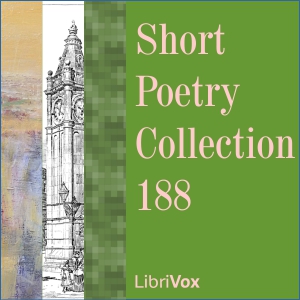
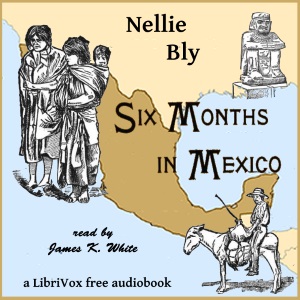
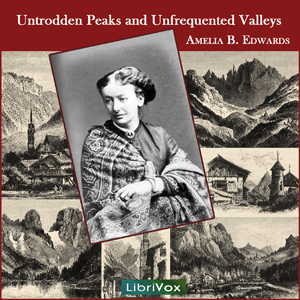
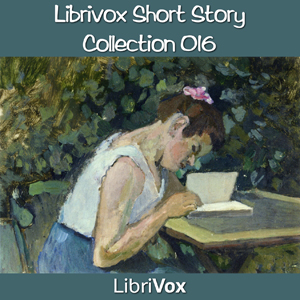




This audiobook is a collection of Mark Twain’s anti-imperialist writings (newspaper articles, interviews, speeches, letters, essays and pamphlets). [chương_files]
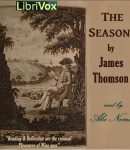
The Seasons is a series of four long poems in blank verse by the Scottish poet James Thomson, each poem describing one of the four seasons. The poems are replete with various scenes of nature described with loving detail, as well as Thomson’s view of the proper relationship between humans and nature, which anticipates the attitudes of the Romantics. “Spring,” which was published in 1728, first brought Thomson to mainstream attention. He followed it up with “Summer,” “Winter,” and “Autumn,” publishing all four as The Seasons in 1730. It is in large part because of the reputation he garnered from the publication of The Seasons that the critic William Hazlitt called Thomson “the best and most original of our descriptive poets.” (Summary by Abe Nemon) [chương_files]

This is a collection of 27 poems read by LibriVox volunteers for September 2015. [chương_files]
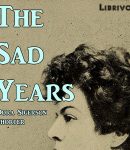
This is a collection of poems by Dora Sigerson Shorter, whose subject are the Sad Years 1914-1918. – Summary by Carolin [chương_files]
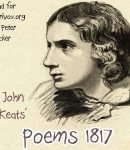
Early poems of this famous English lyric poet, in which he openly expresses indebtedness to, and reverence for, his poetic predecessors, especially Spenser, into whose chivalric world he boldly ventures; and also for Milton, and the classic poets. There are also glimpses of his personal, family and political relationships. These poems are of medium length and often pastoral and contemplative in nature with many classical references. His lyric genius and love for humanity are clearly displayed.( Peter Tucker) [chương_files]
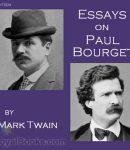
Collection of short essays concerning French novelist and critic Paul Bourget. Included: “What Paul Bourget Thinks of Us” and “A Little Note to M. Paul Bourget”. [chương_files]
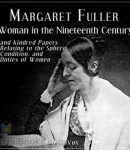
Margaret Fuller (1810-1850) was an American feminist, writer, and intellectual associated with the Transcendentalist movement. Her book Woman in the Nineteenth Century (1845) is considered the first major feminist work in the United States. Her life was short but full. She became the first editor of the transcendentalist journal The Dial in 1840, before joining the staff of the New York Tribune under Horace Greeley in 1844. By the time she was in her 30s, Fuller had earned a reputation as the best-read person in New England, male or female, and became the first woman allowed to use the library at Harvard College. Her seminal work, Woman in the Nineteenth Century, was published in 1845. A year later, she was sent to Europe for the Tribune as its first female correspondent. She soon became involved with the revolutions in Italy and allied herself with Giuseppe Mazzini. She had a relationship with Giovanni Ossoli, with whom she had a child. All three members of the family died in a shipwreck off Fire Island, New York, as they were traveling to the United States in 1850. Fuller’s body was never recovered. This project collects her most famous work along with shorter pieces and extracts from her journals and letters. [chương_files]
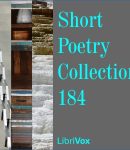
This is a collection of 38 poems read in English by LibriVox volunteers for September 2018. [chương_files]
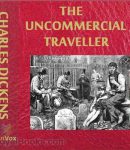
The Uncommercial Traveller is a collection of literary sketches and reminiscences written by Charles Dickens. In 1859 Dickens founded a new journal called All the Year Round and the Uncommercial Traveller articles would be among his main contributions. He seems to have chosen the title and persona of the Uncommercial Traveller as a result of a speech he gave on the 22 December 1859 to the Commercial Travellers’ School London in his role as honorary chairman and treasurer. The persona sits well with a writer who liked to travel, not only as a tourist, but also to research and report what he found; visiting Europe, America and giving book readings throughout Britain. He does not seem content to rest late in his career when he had attained wealth and comfort and continued travelling locally, walking the streets of London in the mould of the flâneur, a ‘gentleman stroller of city streets’. He often suffered from insomnia and his night-time wanderings gave him an insight into some of the hidden aspects of Victorian London, details of which he also incorporated into his novels. [chương_files]
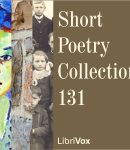
This is a collection of 13 poems read by LibriVox volunteers for April 2014. [chương_files]
Copyright © 2024 | FreeAudible